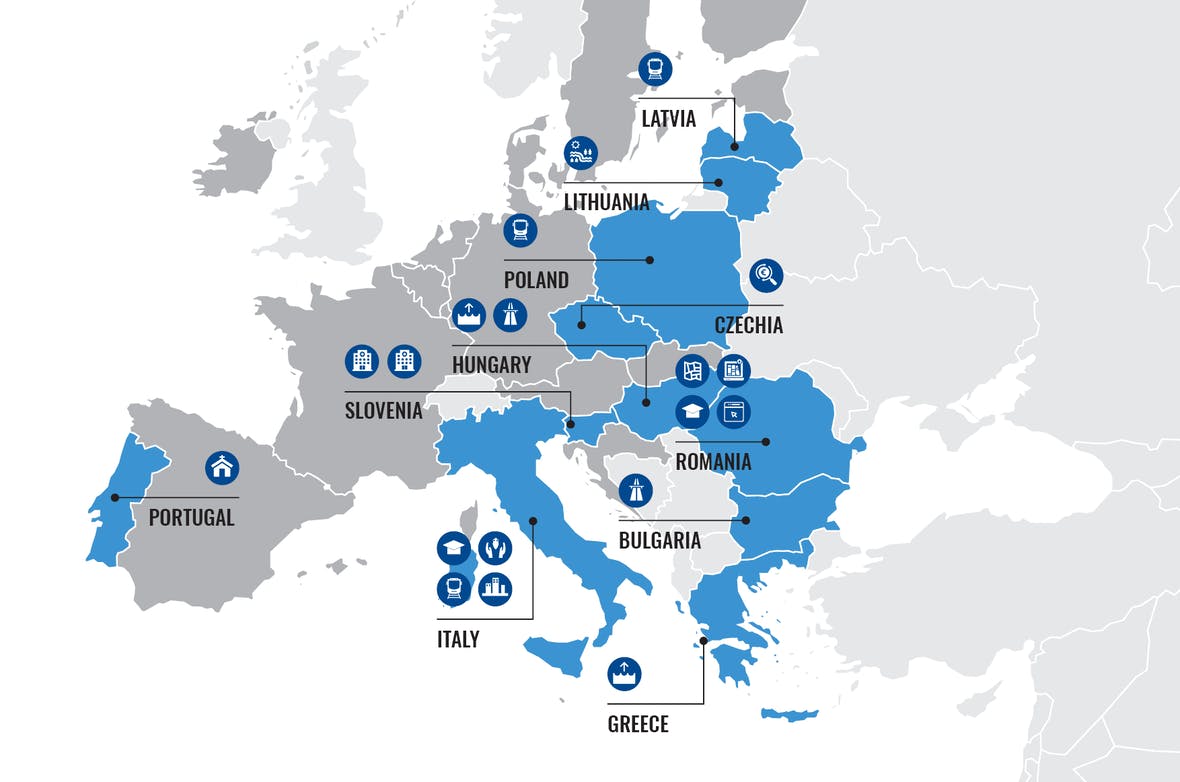Civil society groups from across the EU urge the European Council, Parliament and the Commission to prioritize anti-fraud and anti-corruption measures for the funds that will be disbursed through the next round of financing.
The next seven-year European Union (EU) budget – the ‘MFF’ – and COVID-19 recovery funds are at risk of abuse unless open, data-driven and participatory oversight mechanisms to protect public contracts are put in place, said 27 civil society organizations in a joint address to EU leaders.
Signatories ask EU leaders to complement ambitious financing plans with anti-corruption provisions, measures to increase the amount and quality of public contracting data as well as participatory control mechanisms.
“EU leaders should consider embedding independent, real-time monitoring mechanisms for major public works projects through tools such as ‘Integrity Pacts’ in the next round of financing,” said Delia Ferreira Rubio, Chair of Transparency International. “There is emerging evidence that Integrity Pacts help protect EU funds from corruption and fraud. Through working closely with affected communities, local civil society groups can help EU citizens themselves to become guardians of important public contracts that are meant to improve their lives,” continued Rubio.
The twenty-seven organizations identified a set of actions expected from the members of the Council, the Parliament, and the Commission, to enhance protection of public funds:
1.Toughen rules and guidelines to address fraud and corruption risks in the new MFF, including recovery funds.
2.Increase availability and quality of critical data to monitor EU funds: budget, expenditure, contracting and companies, including beneficial ownership records.
3. High-value projects and programmes funded with EU resources must be protected with additional independent and external oversight mechanisms, as they pose increased corruption risks.
The joint civil society letter to EU leaders is available here here:
More information here:

